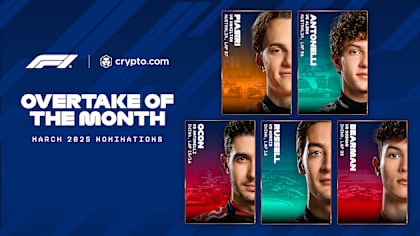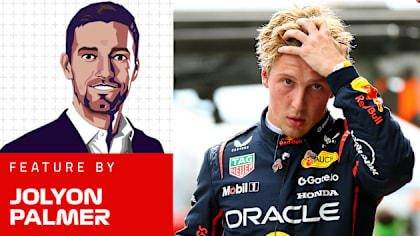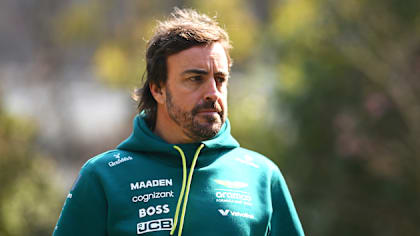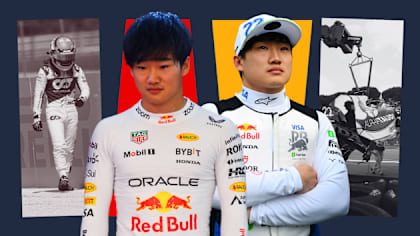Feature
Friday’s Hot Topic: Drivers excited by prospect of unpredictability on F1’s first two-day weekend
Share
Formula 1 returns to Imola this weekend for the first time since 2006, in what will be a unique event with the trial of a two-day format.
Traditionally, Formula 1 cars hit the track across three days during a Grand Prix weekend, but for Imola, that will be reduced to just two days, partly to allow the teams an extra day to transport all their equipment from last week's race in Portugul, and partly to allow F1 chiefs to see how a compressed weekend impacts the on-track action. Therefore Friday’s two 90-minute practice sessions did not take place, instead replaced by media duties for drivers and team personnel.
WATCH: Let Pierre Gasly guide you around a lap of the thrilling Imola circuit
Saturday will see the first and only practice session, which will last 90 minutes and take place just two-and-a-half hours ahead of qualifying. Sunday remains the same, with the race taking centre stage as usual. So what are those in the paddock making of the change?
Daniel Ricciardo 'can't wait to get out there' at Imola
Teams – and drivers – under pressure
Preparation is key this weekend, as not only will teams be devoid of representative historical data because they’ve not raced at Imola for 14 years, but they will have to set up their cars with less on-track time because of the compressed schedule.
READ MORE: EMILIA ROMAGNA GP – free digital race programme
That puts a lot of pressure on drivers and engineers to get up to speed quickly and work with what they have.
“With very little time available to analyse the data from free practice, we have reorganised our priorities, allocating resources in a different way both at the track and back in Maranello,” said Ferrari chief race engineer Matteo Togninalli.
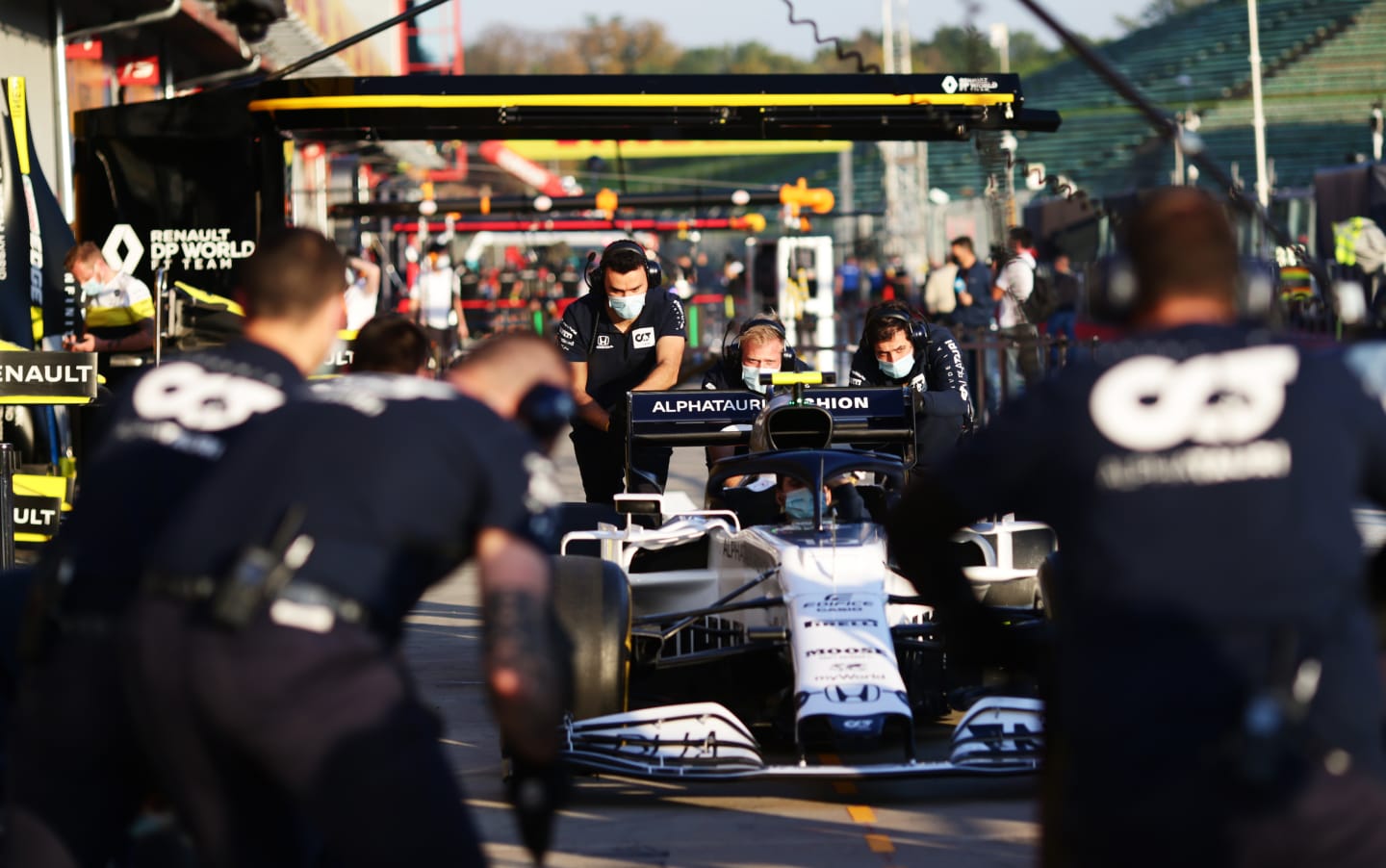
All the teams have had to adjust their approach for this weekend
“We will also manage components, engines and gearboxes for example or the incorporation of components that have already been tested, so as to cut down time spent and to try and reduce the risks as much as possible.
“Without any data to work from, as is the case with Imola, the level of fine tuning is reduced and one has to look at the bigger picture. Clearly, the simulator helps, especially to allow the driver to quickly familiarise himself with the track, not just its layout, but also other features that can impact performance, such as bumpy sections, where to ride the kerbs, the right lines and braking points.
“It’s true the drivers learn a new track incredibly quickly and are soon on the limit, but it’s also true that when you go to a new track, the lap times tumble much more quickly than usual. It’s important therefore to do as many laps as possible to get to the optimum level as soon as possible.”
WATCH: A furious Mansell, a hilarious Montoya and other Imola moments you may have forgotten
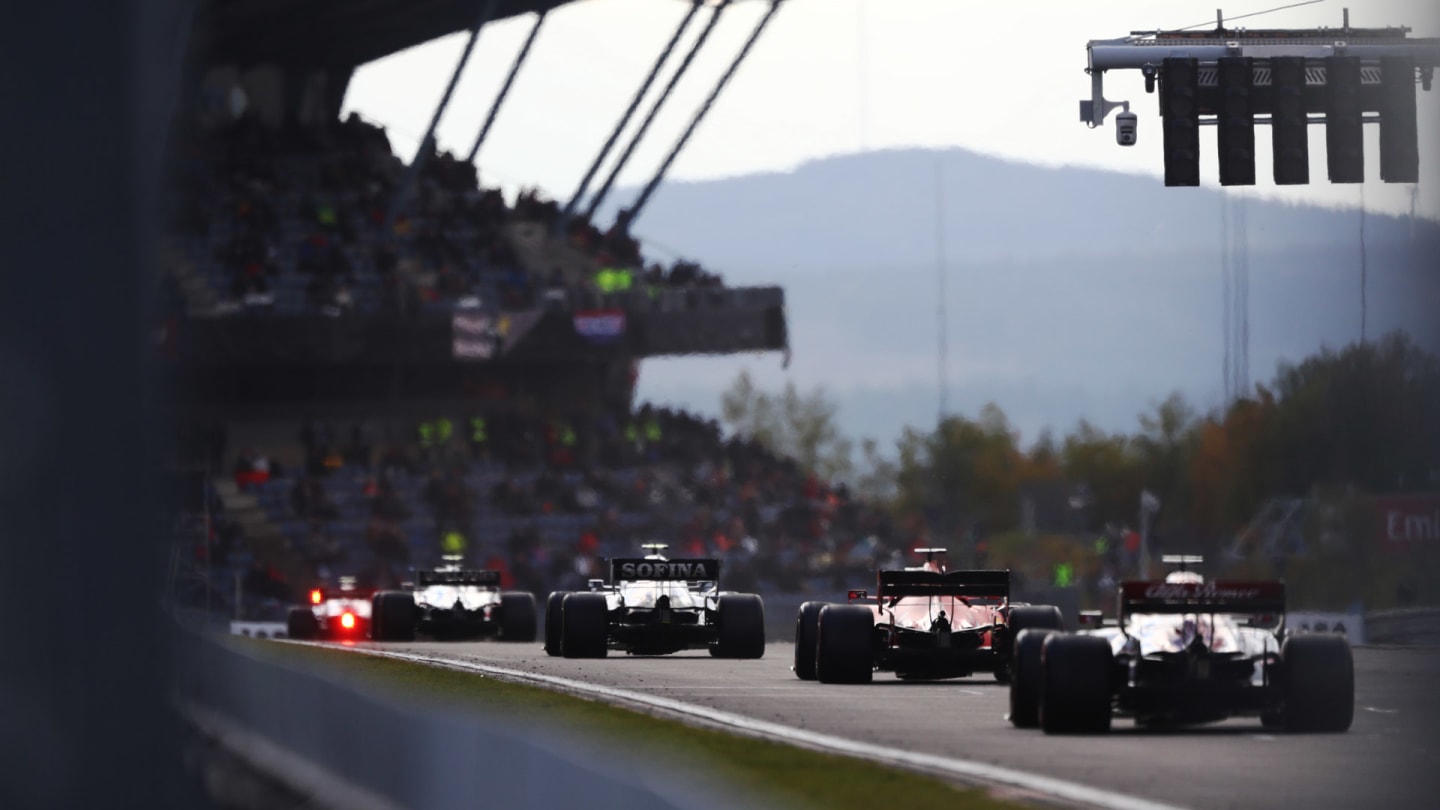
Expect practice to be a traffic-filled affair as teams scramble to get laps down at Imola
Drivers intrigued by new format
In Germany, a similar scenario – enforced because of the weather – spiced things up. “It made for a pretty exciting race,” said Haas driver Kevin Magnussen. “I’m hoping to see the same again. It does add a little more pressure to get your act together quickly, but I think that’s a pretty cool thing."
His team mate Romain Grosjean added: “I think it’s quite exciting. It brings some unpredictability into the race – that’s something Formula 1 has been generally lacking. Hopefully it will spice things up.”
Kevin Magnussen hopes to 'find rhythm quickly' at Emilia Romagna GP
It’ll be tougher for some than others, as a few drivers – including Lando Norris – have experienced of the venue even if it was in a different racing series whereas others will be coming to the track fresh.
“I’ve actually raced here before in Italian Formula 4 back in 2015 and it was an amazing track, so I’m looking forward to seeing what it’s like in a Formula 1 car,” said the McLaren driver. “With it only being a two-day race weekend, it’ll definitely make things interesting by missing out on two free practice sessions. Hopefully my previous experience there will give me a helping hand on Saturday and Sunday.”
And the unpredictable nature of the event gives hope to smaller teams that they may be able to spring a surprise. “This format doesn’t allow teams a lot of time to dial everything in, so hopefully we can take advantage of that situation,” said Nicholas Latifi, whose Williams team are still searching for their first point of the campaign.
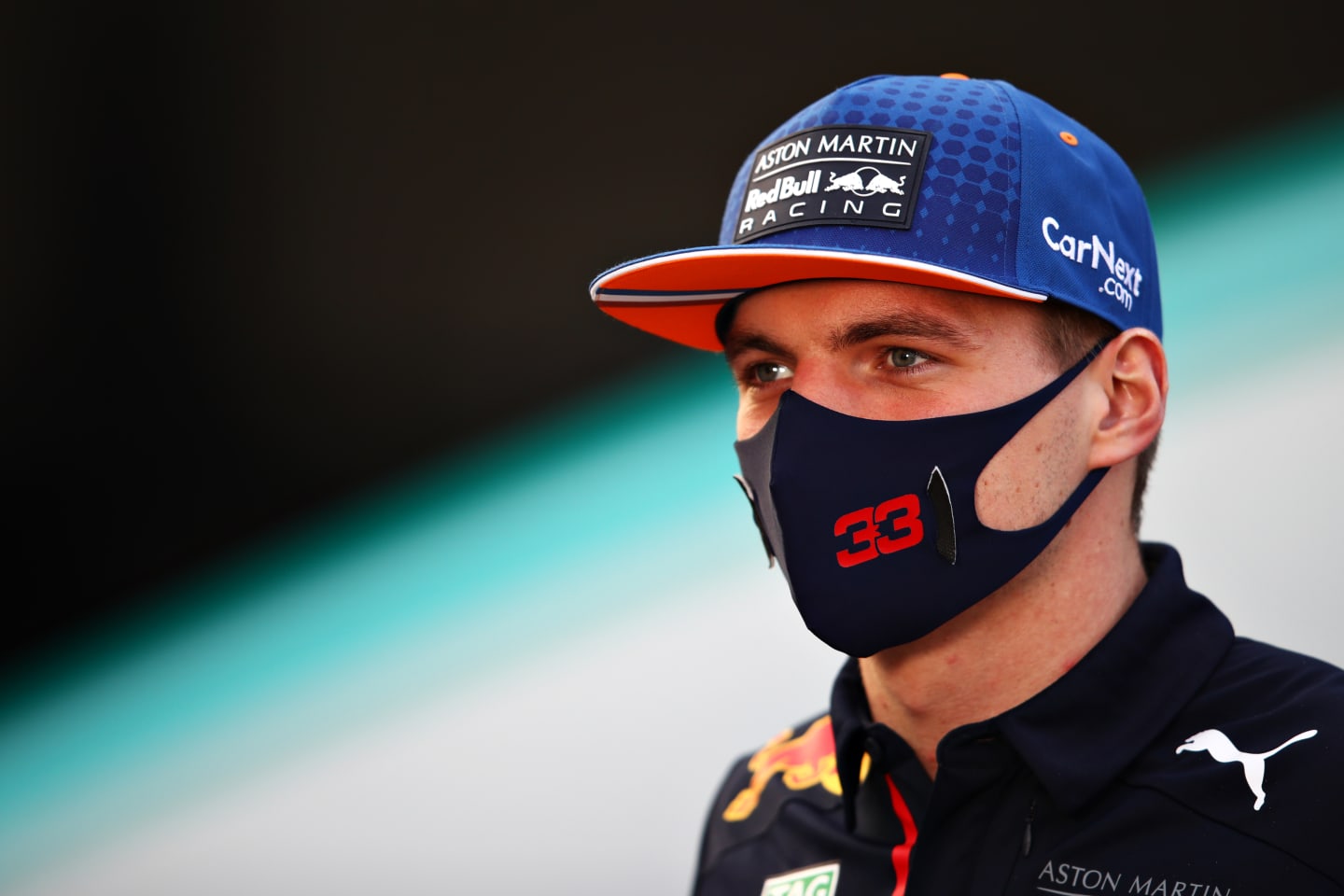
"After one and a half hours, I think the strongest team will still be there, but let's see," says Verstappen
Red Bull’s Max Verstappen, though, thinks that F1 teams will use the simulator to make up for the lack of testing time, and the pecking order may not be that different.
“I think everybody prepared themselves very well on the simulator as well,” he said. “I mean that's why we have it. Of course some people might get up to speed a bit faster than others, but I think you always play to your strengths, and if you know that something that, let's say, you maybe struggle with is finding pace straight away, you spend more time in the simulator nowadays.
“So I don't particularly see an advantage at the end of the day. After one and a half hours, I think the strongest team will still be there, but let's see. I hope we just hit the ground running in a positive way, that we have a good balance in the car, and that we can just have a very positive weekend.”
YOU MIGHT ALSO LIKE
FeatureF1 Unlocked Crypto.com Overtake of the Month – Vote for Your Favourite Move Now!
FeatureF1 Unlocked PALMER: Why has Lawson struggled at Red Bull – and should they swap him for Tsunoda?
News Alonso thankful to avoid ‘massive crash’ after ‘super scary’ brake failure that ended his race in China
Feature From rookie rage to an ‘outstanding’ all-rounder – Tsunoda’s rollercoaster ride to a Red Bull seat

